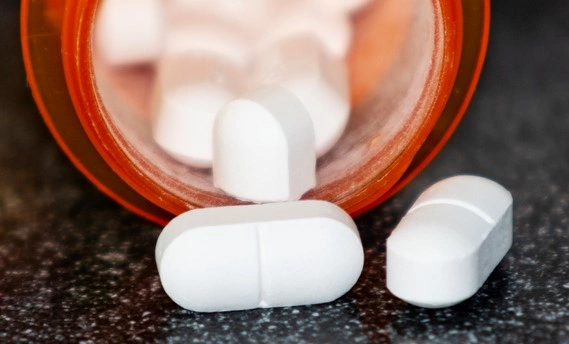Overdose Awareness: Is it Really a Day?

I was sitting with a patient who was still groggy after surgery when the doctor said he would send her home with pain medication. The patient said “ok”. I asked the doctor if the pain medication was an opioid and he said it was.
I knew the patient didn’t want to take an opioid and when she heard that, she said she didn’t want the prescription. She would take something else since she felt able to handle the pain for a few days that were predicted.
It’s easy to write a prescription for pain medication after all, why would a clinician want a phone call in the middle of the night that the patient is in pain? Give them the prescription and send them home to sleep.
Now we have Overdose Awareness Day... and an opioid crisis in America. It could have very well started because of conversations like that one. Too often, people do not understand the medical jargon spewed by fast-talking or overworked healthcare professionals who know what they are talking about, but who have no idea if the patient does. It’s easy to write a prescription for pain medication after all, why would a clinician want a phone call in the middle of the night that the patient is in pain? Give them the prescription and send them home to sleep.
Years ago, after my own surgery when I didn’t even know what an opioid was, I doubled up and for two weeks slept through any pain. “Wake me in two weeks when my pain medications run out,” I told my family. I think back and realize I must have been crazy.
Not everyone will become addicted or overdose on medication, but too many will. I believe we can stop this crisis by better communication and “informed consent”, meaning that patients really know their care and treatment plan including medications; side effects, potential for addiction, and possible interactions with other medications.
If you can't be with a patient all the time, consider building a support team including a Designated Medication Manager or DMM. The DMM would be «assigned» by the patient, patient's family and / or advocate to be the helper with new medications. Especially an opioid or any new prescription. Medications can be confusing and cause side effects that can be a new symptom. A DMM can watch for any sign of dependency, misuse or abuse.
Better communications and better understanding, and an advocate who can ask the right questions, can make us all better off than awareness and treatment only after the fact.
Ilene Corina, BCPA
President, Pulse Center for Patient Safety Education & Advocacy
icorina@PulseCenterforPatientSafety.org


